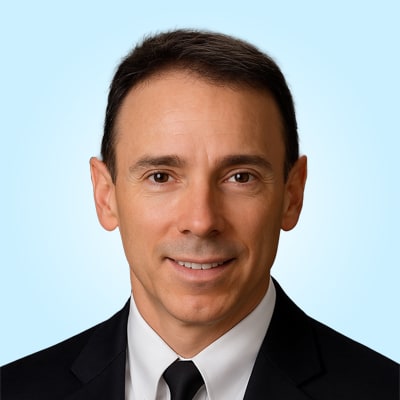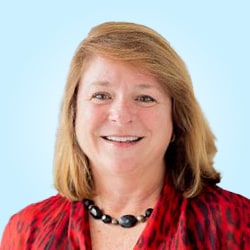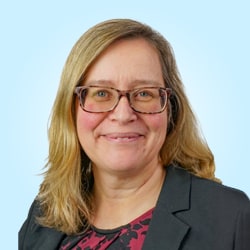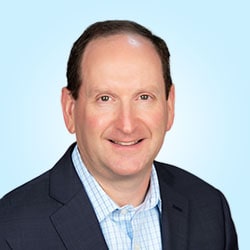This program will explore the parameters of Model Rule 5.5 of the Rules of Professional Conduct. We will discuss the ways that attorneys engage in the unauthorized practice of law, how to avoid such issues, and how the rule may be amended in the future.
- Introductory Overview
- Brief introduction of the presenter and his organization
- Statement of topics to be covered and anticipated takeaways
- Summary of RPC 5.5 Unauthorized Practice of Law
- Understanding the Basic Premise of the Rule
- How do lawyers engage in UPL under 5.5(a)?
- In re Jeanette Conrad, 2014PR00063 (9/21/15)
- In re Maurice Salem, 2016PR00043 (1/29/19)
- Assisting in the Unauthorized Practice of Law
- In re Jeffrey John Aleman, 2012PR00058 (6/4/12)
- In re Thomas George Macey, 2012PR00057 (6/5/12)
- Connection to RPC 8.5 Choice of Law Rule
- Analyzing Subparagraph 5.5(b)
- Continuous and systematic presence
- Holding oneself out as authorized to practice
- Exceptions to the General Rule — Safe Harbors for Temporary Practice
- Prerequisites for exceptions to apply
- Four safe harbors
- Local Counsel
- Expectation of authority to practice
- ADR matters
- Catch-all — relationship to home state practice
- House Counsel Rule — Rule 5.5(d) and (e)
- Requirements for attorney application
- Nexis with Sperry v. FL
- Additional limitations on House Counsel practice
- Proposals To Modify 5.5
- The APRL recommendations
- The ABA response
- What the future holds
- Questions & Answers (as time permits)
This webinar is divided into section summaries, which you can scan for key points and then dive into the sections that interest you the most.
Please note this AI-generated summary provides a general overview of the webinar but may not capture all details, nuances, or the exact words of the speaker. For complete accuracy, please refer to the original webinar recording.

Cook County Clerk's Office
Scott Kozlov is currently the Chief Ethics Officer and Legal Counsel for Cook County Clerk’s Office, where he oversees ethics and compliance efforts, policy enforcement, and investigations of statutory and ordinance violations, among other legal matters. From 2000-2020, he was counsel with the Illinois Attorney Registration and Disciplinary Commission (“ARDC”), investigating and prosecuting hundreds of attorney misconduct matters, assisting in drafting Supreme Court Rule amendments, presenting at attorney ethics seminars, and participating in public outreach programs. Read More ›
*CLE credit is only available to Justia Connect Pros. Not a Pro? Upgrade today>>
Status: Approved
Credits: 1.00 Legal Ethics
Earn Credit Until: June 30, 2026
Status: Approved
Credits: 1.00 Ethics
Earn Credit Until: June 25, 2027
Status: Approved
Credits: 1.00 Professional Responsibility
Earn Credit Until: December 31, 2026
Status: Approved
Credits: 1.00 Ethics
Earn Credit Until: December 31, 2026
Status: Approved
Credits: 1.20 Ethics/Professionalism
Earn Credit Until: September 16, 2026
Status: Approved
Credits: 1.00 Ethics
Earn Credit Until: February 28, 2026
Status: Approved
Credits: 1.00 Legal Ethics/Professional Responsibility
Earn Credit Until: May 31, 2026
This presentation is approved for one hour of Legal Ethics CLE credit in California, one hour of Ethics CLE credit in Hawaii, one hour of Professional Responsibility CLE credit in Illinois, one hour of Ethics CLE credit in Indiana, and one hour of Ethics CLE credit in North Carolina. This program has been approved by the Board on Continuing Legal Education of the Supreme Court of New Jersey for 1.20 hours of total CLE credit. Of these, 1.20 qualify as total hours of credit for Ethics/Professionalism. This course has been approved for Minimum Continuing Legal Education credit by the State Bar of Texas Committee on MCLE in the amount of 1.00 credit hours, of which 1.00 credit hours will apply to Legal Ethics/Professional Responsibility credit.
Justia only reports attendance in jurisdictions in which a particular Justia CLE Webinar is officially accredited. Lawyers may need to self-submit their certificates for CLE credit in jurisdictions not listed above.
Note that CLE credit, including partial credit, cannot be earned outside of the relevant accreditation period. To earn credit for a course, a lawyer must watch the entire course within the relevant accreditation period. Lawyers who have viewed a presentation multiple times may not be able to claim credit in their jurisdiction more than once. Justia reserves the right, at its discretion, to grant an attendee partial or no credit, in accordance with viewing duration and other methods of verifying course completion.
At this time, Justia only offers CLE courses officially accredited in certain states. Lawyers may generate a generic attendance certificate to self-submit credit in their own jurisdiction, but Justia does not guarantee that lawyers will receive their desired CLE credit through the self-submission or reciprocity process.




